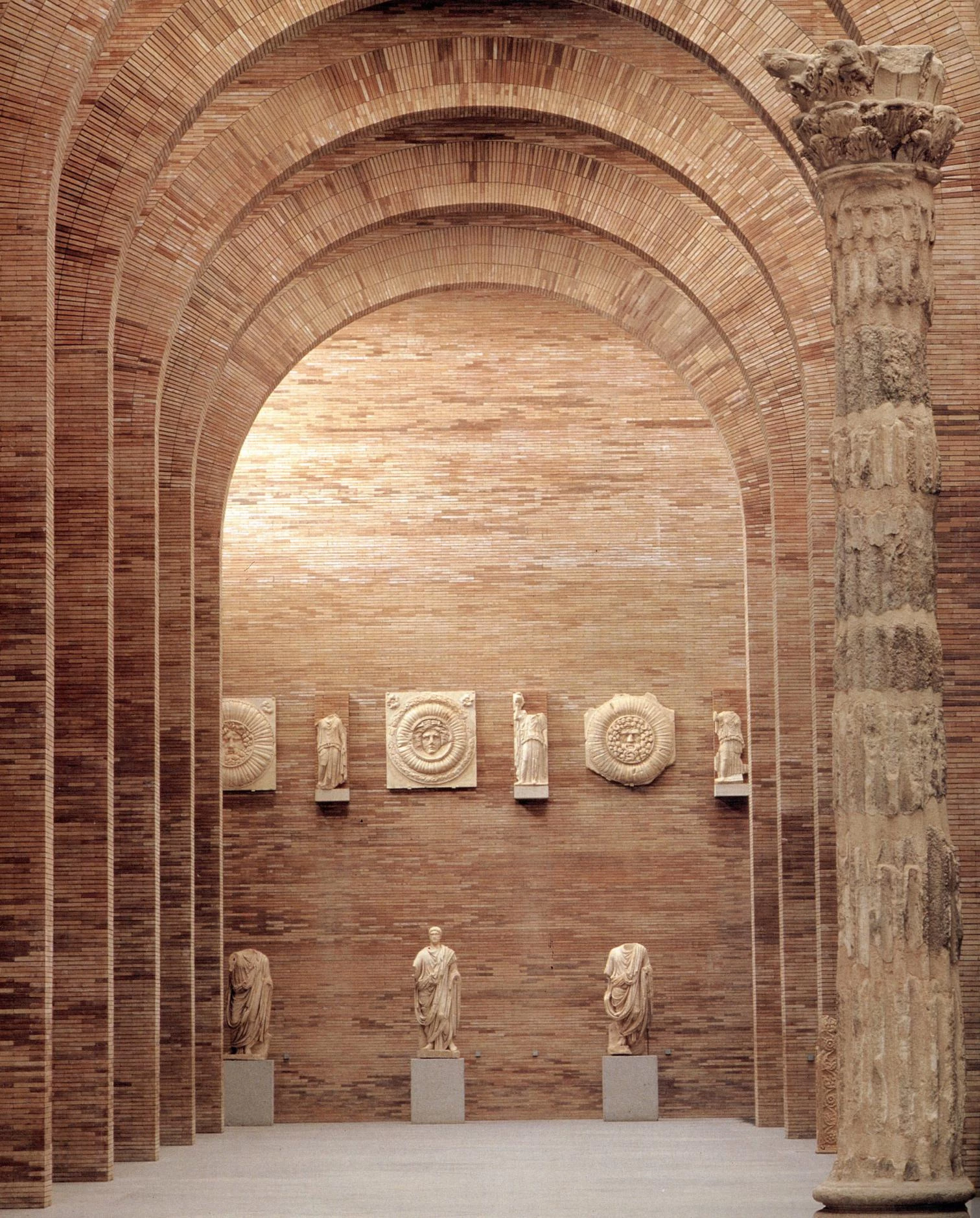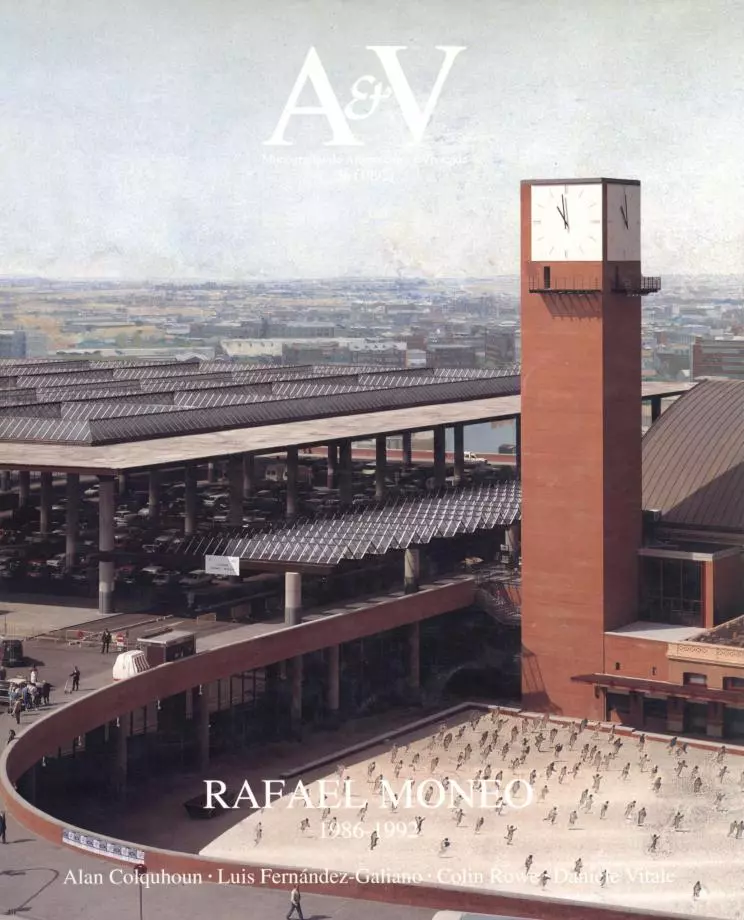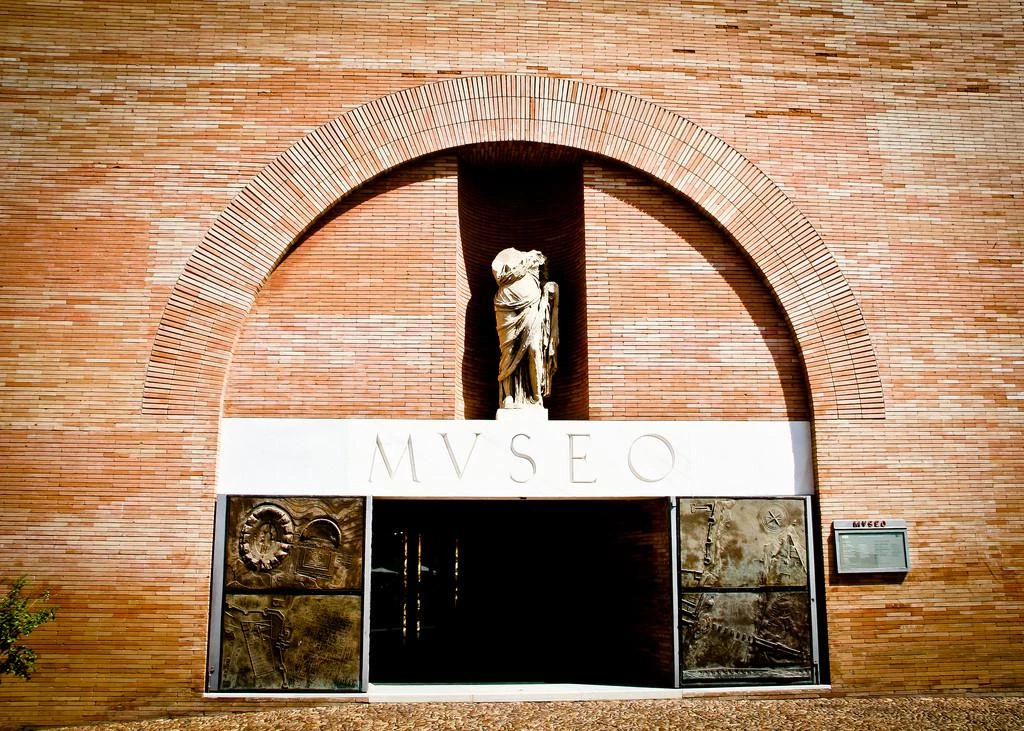
I am assuming that Catalonia is not part of Spain; therefore, quite truthfully I am able to say that I have never been to Spain. On the other hand, I have been to Barcelona, in January 1985, where I stayed at a hotel opposite to what I would call the duomo.
So I was slightly shocked by Barcelona, which in spite of Gaudí and all the rest is a mildly inadequate, destitute city. I had expected perhaps a poor man’s version of Genova La Superba, but found nothing like it. From this recognition, I took consolation in the knowledge that the Spanish crown had persistently suppressed Barcelona in favor of Genoa, port of entry to Spanish Lombardy, whose bankers had so frequently relieved the financial pressures of the Spanish crown.
But we all know this (or don’t we?), and we know that the pressures on Barcelona became relaxed under Charles III of Bourbon, allegedly an enlightened prince. All the same, it was too late to do much good.
In the foregoing, which are the observations of a naive Anglo-American foreigner casually walking the streets, I also had opportunity to think about the folly of Philip II in retreating to Madrid and establishing the capital there. For surely Spain belonged to the sea, on the one side to Barcelona and on the other to Lisbon.
Thinking about all this, I was also obliged to think about innate Spanish distinction (the Escorial and all that); and as I thought about it I returned to my hotel, which abundantly compensated for the walk.
Everything there was well conducted - red morocco all the way -, nothing of the usual Statler Hilton horrors, all of it seeming to exhibit a presence, a quasi-antique tenu which could surely date no later than circa 1925; so judge my surprise when I learned that this hotel was about forty years newer than I had assumed it to be. And hence more food for thought, not only on Spanish distinction but also on Spanish retardation.
It was thus, sitting in one of the red morocco chairs and holding a drink, that for the first time in my life I found myself contemplating with a mild favor the intolerable and repressive regime of the late General Franco. For after all, was it not as a result of the appalling policies of El Caudillo himself, determined as he was to hold back the course of ‘history,’ that I was able to sit, very briefly, in this modest, sparsely Spanish and highly elegant room?
I didn’t like the idea then, in January 1985, and I don’t like it now; nevertheless it still lives in my mind (perhaps festers in my mind) and I feel compelled to enlarge upon it.
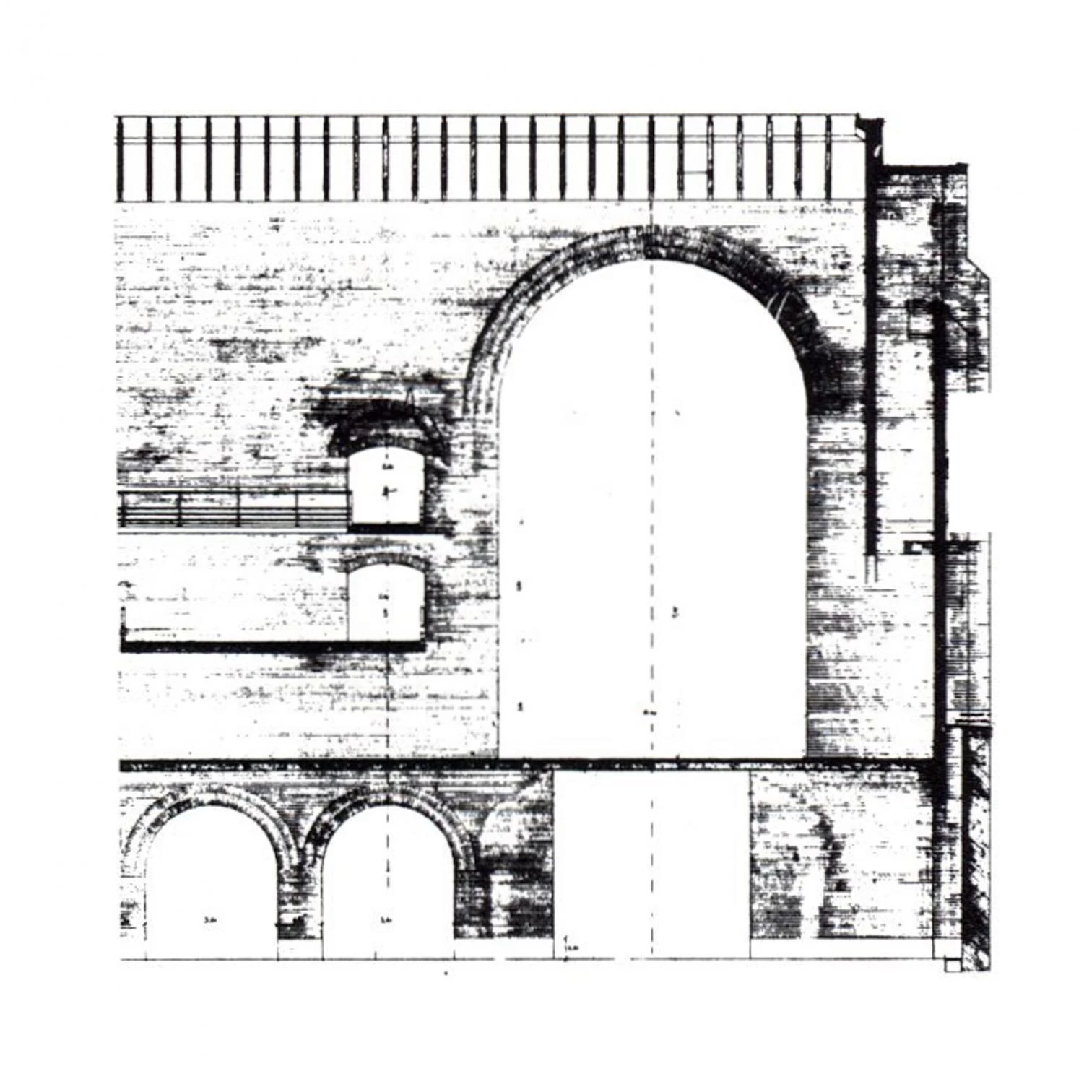
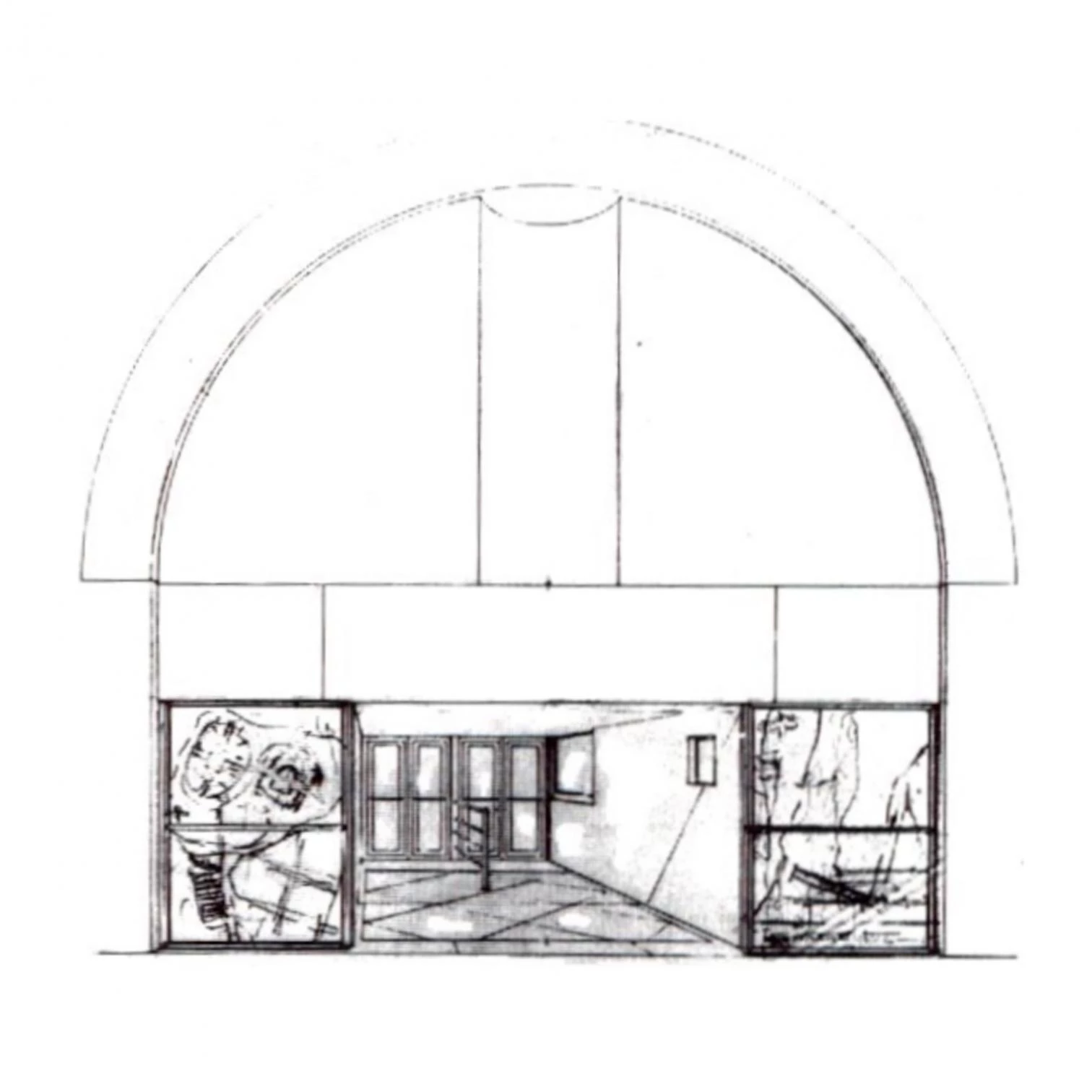
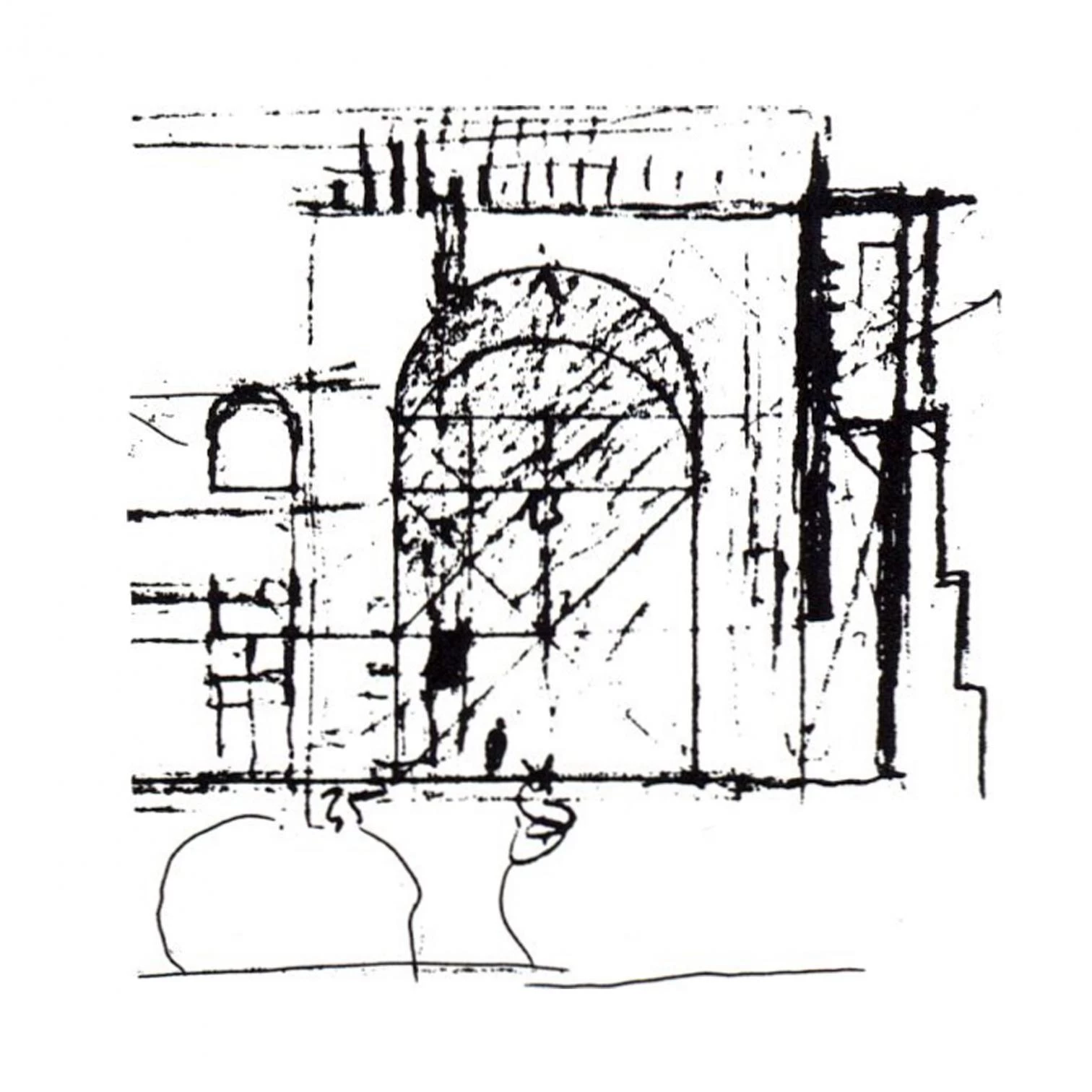
Simply, I wish to propose as a topic of thought that brief moment of enlightenment likely to follow the overturning of a bad and impossible order of things and the establishment of an almost equally vicious consumerist society; when it occurs, it is apt to be the shortest possible breathing space in time. Thus was Italy after the collapse of Mussolini and before the ‘economic miracle’ and the final triumph of Fiat, when the best of the old world and the best promises of the new were to be enjoyed alike, when craftsmanship was still available and wages were still not excessive.
For was this not a temporal episode illuminated by the performances of Franco Albini, Ignazio Gardella, Vittoriano Vigano and so many others to whom I feel personally indebted? And do we see any comparable galaxy of vivacity and talent in the Italy, affluent but intellectually depressed, of the present day?
Frightening all these ideas? Of course. And are not most comparisons and most analogies dangerous and foolhardy? But of course. All the same, I remain possessed by the fantasy that the brilliance of the Spanish scene at the moment may be a case of entre deux economies. I think of the absolute luxe of architectural publication, yourselves in Madrid and Javier Cenicacelaya in Bilbao; and I am grateful to think about it, for you present a standard that is inaccessible in either New York or London; and - I must say it - all you guys, apart from your obvious intelligence, present this exalted standard via the medium of an underpaid proletariat.
No, don’t get me wrong. I am far from being a Marxist agitator, very far. I just want to express my fears. Our friend Rafael Moneo is absolutely related to that interstitial condition between Fascism and ‘free enterprise;’ and he depends upon this all too transient scene for the wonderful finish of his buildings.
But how long before consumerism takes hold of Spain? And how long will be the resistance? Will it be long and hard? I doubt it. And this is why I think about Rafael whose buildings I admire and whose society I enjoy.
Rafael is abundantly O.K. But, in a consumerist society, how long, just how long, can this condition of excellence survive?
RS. All this said, it should be instructive to observe that Ferdinand and Isabella (she who would never remove her chemise until Granada was captured) sponsored not only Columbus but also Bramante. So perhaps there is still the greatest of hopes for Spain, and also for Rafael?
